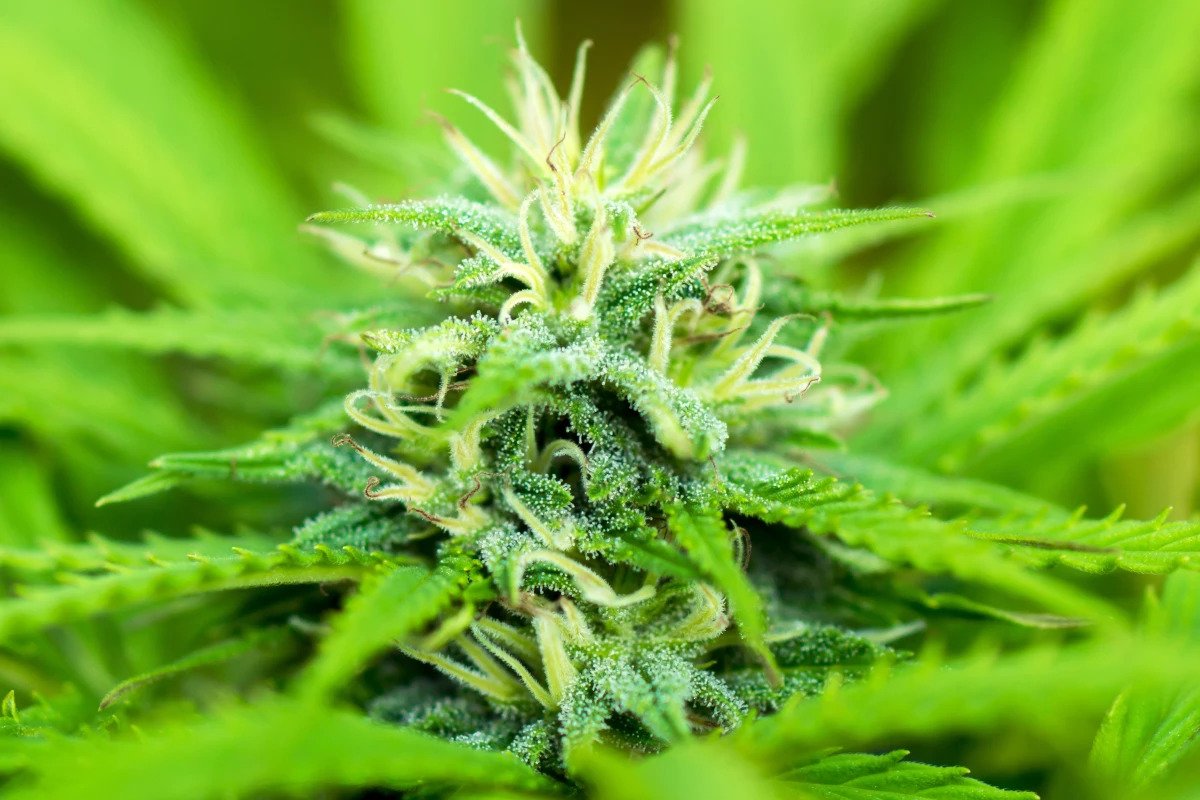In particular, cannabis plants transport these heavy metals into its leaves and flowers. These elements specifically concentrate in the hairlike structures called trichomes on its flowers, and these are the same parts of the plant that store cannabinoids such as THC and CBD.
Industrial hemp plants have been used for several years to help decontaminate the soil surrounding the Chernobyl nuclear power plant, for example. Some strains of cannabis have even been bred specifically for the purpose of phytoremediation.
This new meta-analysis looks at 25 previously published studies offering a broad investigation into the current research on heavy metal contamination in cannabis. The potential health implications of consuming heavy metals in cannabis are discussed and agronomic strategies suggested to help mitigate these potential problems.
“Cannabis consumed in combustive form represents the greatest danger to human health, as analysis of heavy metals in the smoke of cannabis revealed the presence of selenium, mercury, cadmium, lead, chromium, nickel and arsenic,” explains Louis Bengyella, an author on the new study. “It is disturbing to realize that the cannabis products being used by consumers, especially cancer patients, may be causing unnecessary harm to their bodies.”
The researchers indicate these heavy metals are rarely metabolized by the human body. Instead, once consumed, they can gradually accumulate in different parts of the body, leading to a number of potential health problems.
The researchers offer a number of suggestions to help establish a best practice for future cannabis agriculture. These include comprehensive air and soil testing when starting any new cannabis farm; avoiding land previously used for industrial purposes; and formalized “heavy metal free” certifications on cannabis products for commercial sale.
The suggestions may seem unnecessarily onerous but the problem raised by this research is far from hypothetical. Current US regulations for recreational cannabis cultivation vary from state to state, but most regions do have some kind of protocol for testing contamination in plants.
These regulations, however, are far from rigorous. Earlier this year, for example, a major recall of cannabis occurred in Colorado after testing revealed high levels of cadmium in soil samples from one farm. Another cadmium-related product recall took place in 2020, this time coming from cannabis-infused edibles in Ohio.
Bengyella argues the problem can be solved by instituting regulations to control how the plant is farmed. With the recreational cannabis market inevitably set to grow even larger over the coming years this is an issue that needs to be resolved.
“The problem is at the level of the consumer who uses cannabis products, but the solution must come at the agricultural level,” says Bengyella. “We believe that is where we should hammer hard and solve the problem.”
The new study was published in the journal Toxin Reviews.
Source: Penn State
–
–












